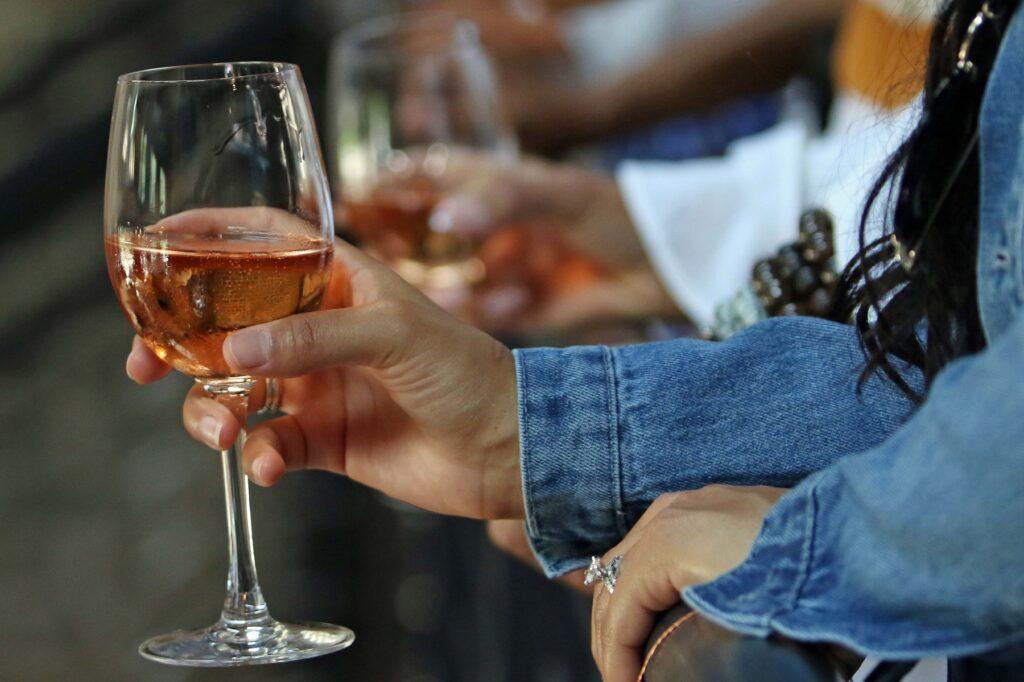A study published in the recent issue of the American Journal of Drug and Alcohol Abuse has found that twins who reside in legal marijuana states are less likely to experience negative consequences from drinking alcohol as compared to their co-twins who live in jurisdictions where marijuana is illegal.

“As more states pass recreational cannabis legalization (RCL), we must understand how RCL affects substance use”, states the study’s abstract. “The current study aims to examine the effect of RCL on lifetime and past-year use of cannabis, alcohol, tobacco, and other drugs, frequency of cannabis, alcohol, and tobacco use, co-use of cannabis with alcohol and tobacco, and consequences from cannabis and alcohol use.”
For the study researchers used a “unique, co-twin control design of twin pairs who were discordant for living in a state with RCL between 2018 and 2021.” The sample consisted of 3,830 adult twins (41% male), including 232 twin pairs discordant for RCL.
Problems from alcohol and cannabis use were assessed via the Brief Marijuana Consequences Questionnaire and the Brief Young Adult Alcohol Consequences Questionnaire.
“Results indicated that the twin living in an RCL state was more likely to endorse past-year cannabis use (OR = 1.56, p = .009), greater number of cannabis use days in the past 6 months (β = 0.47, p = .019), but not more negative consequences from cannabis use (β = 0.21, p = .456) compared to their co-twin in a non-RCL state”, states the study. “There were no differences within-twin pairs in frequency of alcohol use (β=-0.05, p = .601), but the RCL twin reported fewer negative consequences from alcohol use (β=-0.29, p = .016) compared to their co-twin in a non-RCL state.”
Researchers say they “did not observe any other differences within-twin pairs on other outcomes.”
They conclude: “These results suggest that living in an RCL state is associated with greater cannabis frequency but not more negative consequences from cannabis use than living in a non-RCL state.”







